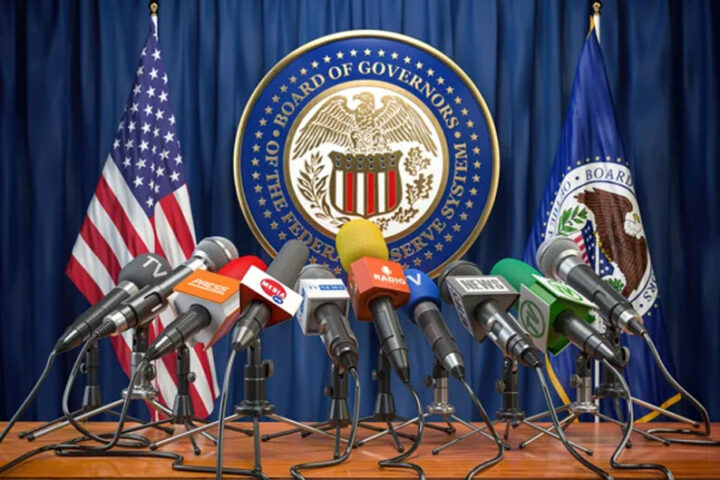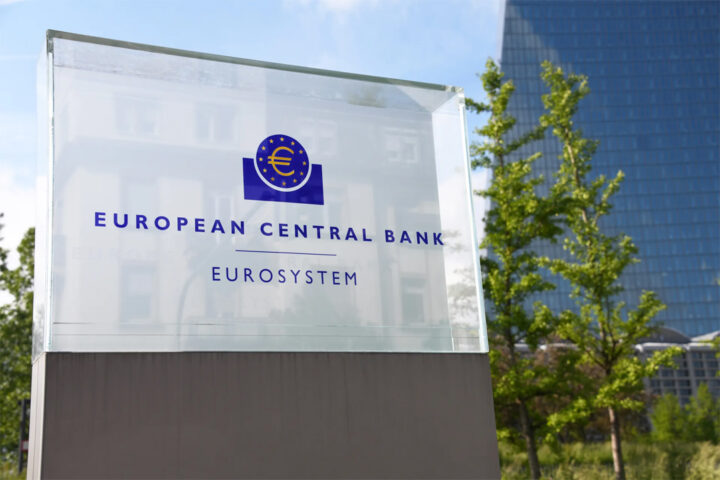With US inflation remaining stubbornly high, sectors that do well in a stagflationary environment are those that are likely to secure best returns for investors, according to the CEO of a leading financial advisory and fintech.
Thursday’s March Consumer Price Index data showed that annual inflation rose by 5.0% year-on-year, after increasing by 6% in February. The core reading is at 5.6%, up from 5.5% previously.
“US headline inflation has slowed lower than expectations, but the core reading is outpacing it, suggesting that underlying inflation is coming down much more slowly,” explained deVere Group’s Nigel Green.
“As such, we fully expect the FOMC (Federal Open Market Committee) – the branch of the Federal Reserve responsible for implementing monetary policy – will set a quarter point interest rate hike in May.”
The deVere CEO added that investors will be concerned that not only is inflation remaining stubbornly high, way above the 2% target, but that there are important warning signs of a looming recession in the form of the inverted US Treasury yield curve, which is now nearing day 200.
“The inverted yield curve suggests a recession is looming because it’s a sign of a tight credit market and weak economic growth, which has preceded most of the US recessions since 1950.
“Against this backdrop of cooling but still sticky-high inflation and fears of a recession, sectors that do well in a stagflationary environment are those that are likely to secure best returns for investors.”
Stagflation is an economic condition where an economy experiences stagnant economic growth and high inflation levels simultaneously. During periods of stagflation, some sectors typically perform better than others.
Resilient
Investors should look for sectors that are less affected by inflation and are more resilient to economic slowdowns, suggested Green.
“We’d be looking at four key sectors: commodities, such as oil, as their prices typically rise in response to inflation; consumer staples like food, and hygiene products, as demand is likely to remain relatively stable; healthcare, as it provides essential services that are less affected by economic cycles; and utilities, including electricity, gas, and water as demand will also be pretty consistent.”
Green concluded that with alarm bells ringing for a recession to hit the world’s largest economy, combined with inflation still remaining high, investors might need to revise their portfolios if they’re not properly diversified.
Early on Wednesday, ahead of the CPI data, the deVere Group CEO urged the US central bank to stop interest rate hikes from next month.
“The Fed could be slowly winning the battle and officials might now need to take their foot of the brake… It’s time for the Fed to pivot. Will it? I doubt it,” he said.








